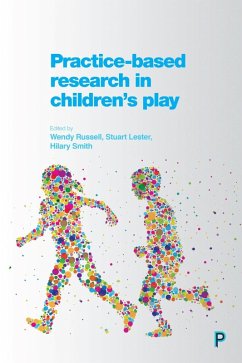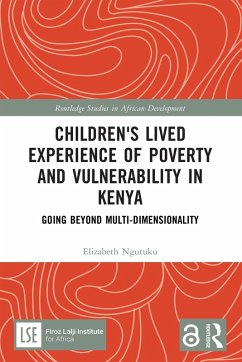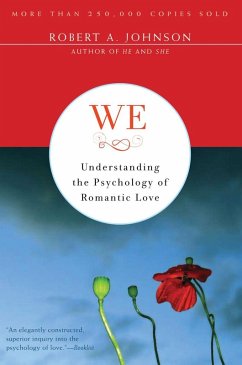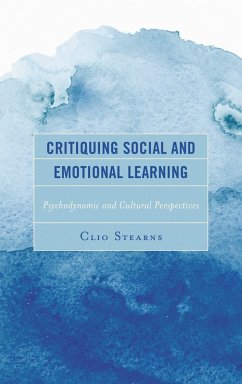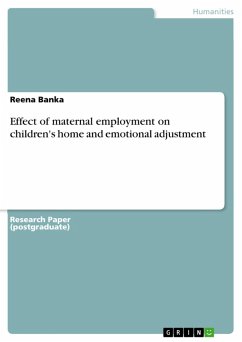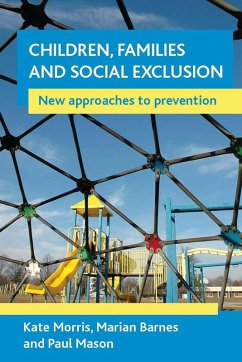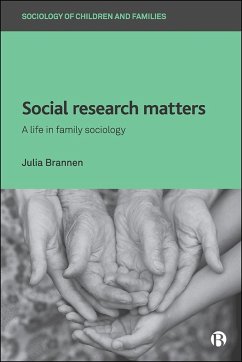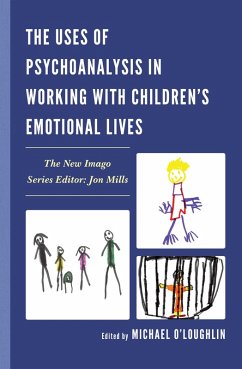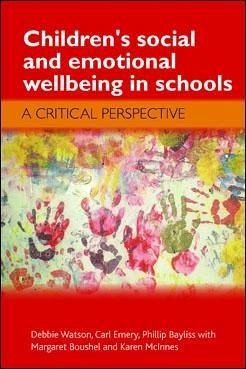
Children's Social and Emotional Wellbeing in Schools (eBook, ePUB)
A Critical Perspective
Versandkostenfrei!
Sofort per Download lieferbar
31,95 €
inkl. MwSt.
Weitere Ausgaben:

PAYBACK Punkte
16 °P sammeln!
This book challenges the concept of wellbeing as applied to children, particularly in a school-based context. Taking a post-structural approach, it suggests that wellbeing should be understood, and experiences revealed, at the level of the subjective child. This runs counter to contemporary accounts that reduce children's wellbeing to objective lists of things that are needed in order to live well. This book will be useful for academics and practitioners working directly with children, and anyone interested in children's wellbeing.
Dieser Download kann aus rechtlichen Gründen nur mit Rechnungsadresse in A, D ausgeliefert werden.





